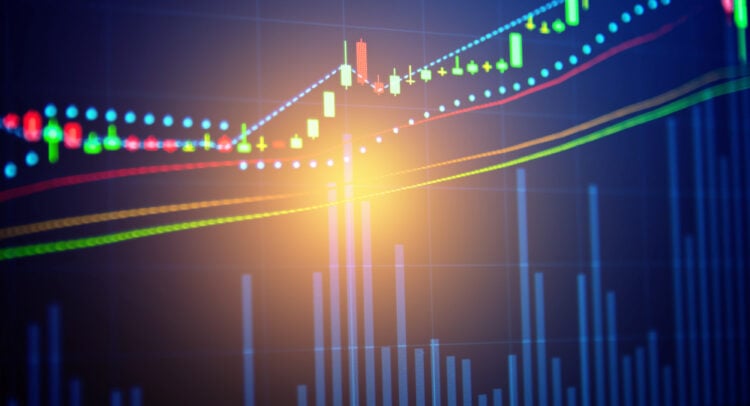Topline
The price for design software developer Figma surged more than 250% on Thursday to close at over $117 per share after raising over $1.2 billion in an IPO, well over three times the $30-$32 range the company estimated in SEC filings earlier this week—making its 33-year-old CEO Dylan Field a billionaire.
The windfall from the IPO has minted a new billionaire.
SOPA Images/LightRocket via Getty Images
Key Facts
Figma’s stock opened at $85 on Thursday afternoon before quickly surging as high as $112 per share.
Antitrust regulators in the U.S. and U.K. rejected Adobe’s $20 million bid to acquire the company in 2023, but the company’s new market value of $50 billion based on shares exceeds the valuation from Adobe.
The windfall from the $1.2 billion IPO has made Field, the company’s founder and a Forbes 30 Under 30 alumni, worth at least $1.8 billion.
The company’s backers, including Index Ventures, Greylock, Kleiner Perkins, and Sequoia Capital all sold a portion of their shares in the IPO as well.
Key Background
Figma was founded by Field, a former Thiel Fellow, began working on Figma alongside his Brown University classmate Evan Wallace in 2012, and first launched a closed beta in 2015. Figma offers a suite of design products accessible in web browsers. Regulators in the UK rejected Adobe’s attempt to acquire the company over concerns it would control too much of the market for design software and stifle competition.
Tangent
Figma’s successful opening marks one of the biggest initial public offerings of the year so far, as analysts begin to see the market for initial public offerings warming. Analysts at Charles Schwab attributed the multi-year retreat to years of high interest rates, but pointed to other successful tech IPOs this year as signs the market might be heating up again, including the growing success of AI startup CoreWeave, which went public in March.
Surprising Fact
Field and his cofounder, Evan Wallace, who left the company in 2021, still control 99% of Class B shares—which have 15 times the voting power compared to a Class A share. This allows the founder to maintain control over the company with about 74% of the voting rights.
Source link
